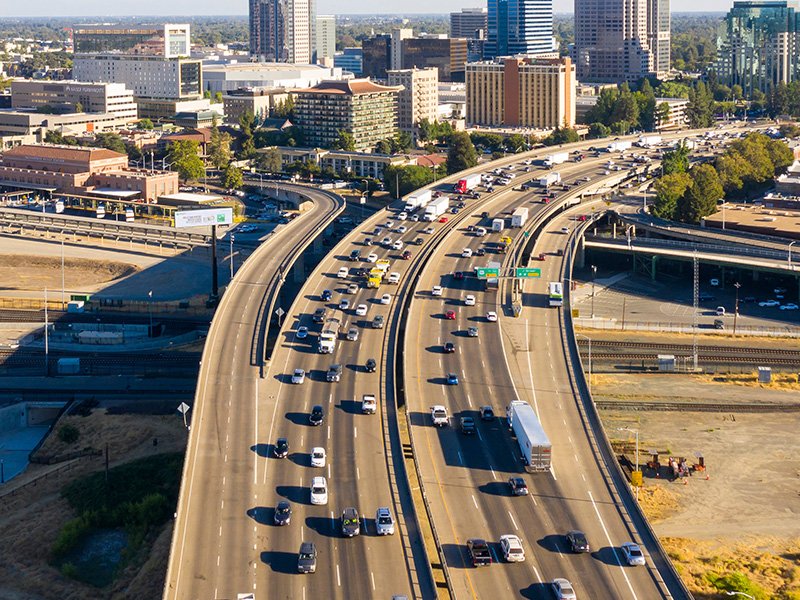
The narrative of Dwarka Expressway’s transformation from a rudimentary drainage system to a dynamic hub of urban development is a compelling testament to the power of infrastructure in shaping cities. Spanning this comprehensive exploration will delve into the historical origins, infrastructure evolution, socio-economic ramifications, environmental considerations, and future prospects of Dwarka Expressway, offering profound insights into its remarkable journey.
Historical Origins:
The genesis of Dwarka Expressway dates back to [insert date/year], when urban planners conceptualized it as a solution to alleviate chronic waterlogging issues in the region. Initially conceived as a mere drainage channel, the expressway swiftly evolved beyond its original purpose, setting the stage for a transformative journey that would redefine the urban landscape of the area. Understanding the historical context is crucial for comprehending the trajectory that followed.
Infrastructure Evolution:
The realization of Dwarka Expressway’s potential as more than a drainage conduit marked the dawn of a new era. As construction commenced, the infrastructure underwent a significant overhaul. Roads were widened, bridges erected, and utilities upgraded, laying the groundwork for a burgeoning urban corridor. This comprehensive infrastructural revamp formed the backbone of unprecedented development along the expressway.
Residential Renaissance:
With enhanced connectivity and infrastructural improvements, Dwarka Expressway emerged as a prime destination for real estate development. Capitalizing on the burgeoning demand, developers embarked on a residential renaissance, constructing housing complexes, townships, and gated communities along its length. The influx of residential projects not only addressed the pressing housing needs but also fostered a sense of community and vibrancy in the area.
Economic Catalyst:
Dwarka Expressway’s development acted as a catalyst for economic growth, generating a surge in economic activity. The construction boom led to job creation across various sectors, stimulating local economies and providing livelihoods to a diverse workforce. Furthermore, the establishment of commercial hubs and retail centers along the expressway bolstered economic vitality, transforming it into a thriving economic corridor.
Urban Connectivity:
As a crucial artery of urban connectivity, Dwarka Expressway bridged geographical divides and facilitated seamless transit between Dwarka, Gurgaon, and adjacent areas. The improved connectivity not only reduced travel time but also enhanced accessibility to key destinations, fostering integration and cohesion within the urban fabric. Dwarka Expressway emerged as a lifeline for commuters, businesses, and residents, reshaping urban mobility dynamics.
Environmental Considerations:
Amidst rapid development, environmental sustainability emerged as a pressing concern. Efforts to mitigate ecological impact and promote green initiatives were prioritized, including afforestation, rainwater harvesting, and sustainable urban design. These initiatives underscored a commitment to balancing urban growth with environmental preservation, ensuring a greener and more sustainable future for Dwarka Expressway and its surrounding areas.
Social Dynamics:
The social fabric along Dwarka Expressway underwent a profound transformation, reflecting the convergence of diverse demographics and cultures. Residential communities evolved into vibrant hubs of social interaction, fostering inclusivity and cultural exchange. Community-centric initiatives such as neighborhood associations, recreational clubs, and cultural events flourished, nurturing a sense of belonging and solidarity among residents.
Challenges and Solutions:
Despite its transformative potential, Dwarka Expressway encountered a myriad of challenges ranging from regulatory hurdles to infrastructural bottlenecks. However, proactive measures such as policy reforms, public-private partnerships, and community engagement initiatives played a pivotal role in overcoming these obstacles. By fostering collaboration and innovation, stakeholders navigated through impediments, ensuring the realization of Dwarka Expressway’s full potential.
Future Prospects:
Looking ahead, Dwarka Expressway stands poised for further evolution and expansion. With ongoing infrastructural projects, innovative urban planning interventions, and burgeoning economic opportunities, the corridor is set to emerge as a beacon of sustainable development and inclusive growth. As Dwarka Expressway continues to evolve, its transformative journey serves as a testament to the enduring impact of infrastructure in shaping urban landscapes.
Conclusion:
In conclusion, the narrative of Dwarka Expressway’s transformation encapsulates the essence of urban development. From its humble beginnings as a drainage system to its current stature as a vibrant urban corridor, the expressway’s journey epitomizes the transformative power of infrastructure in reshaping cities. As Dwarka Expressway continues to evolve, it remains a symbol of progress, innovation, and resilience, shaping the urban landscape for generations to come.
